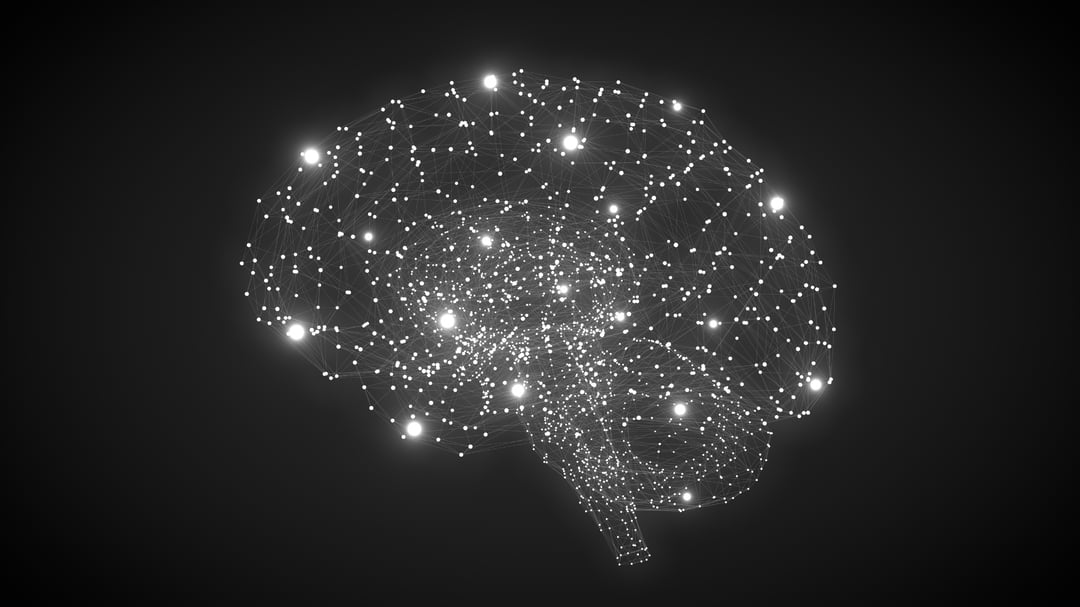Last month I returned home after a trip that felt endless, messy, and utterly unpredictable. An airline strike had turned what should have been a simple commute into a labyrinth of delays, cancellations, and frustration. Every announcement was confusing. Every change (many last minute) required instant recalculation. I watched passengers around me grow tense, anxious, even angry, as small mistakes became big problems in minutes.
It wasn't until I was home, that I realized the extent of my privilege, though not the kind you may think.
For some, that whole travel experience would have been a disaster. They might have misread the signs to connections, misunderstood an announcement, or felt frozen by the chaos. It would have been overwhelming, even traumatic. It definitely required a “good head on the shoulders”.
Literally, in fact: a brain capable of noticing patterns, holding multiple possibilities in mind, planning contingencies, and navigating uncertainty.
It made me think of my former students from a decade or more ago, now adults, learners who were not served by cognitive intervention. I know they are exhausted, wherever they are.
Some may be parents worrying about what they should be doing differently, how their own struggles are affecting their children. As friends or colleagues, they feel guilty when commitments are forgotten or intentions miscommunicated.
Statistically at least, some will have never experienced sustained, healthy relationships or productive employment. In their everyday lives, they are likely stumbling: many likely live with deep shame. It wasn't for lack of care or love from those around them, but because their brains weren’t equipped to navigate the complexity and demands of life.
It makes me realize that cognitive capacity is a privilege.
It is a clear advantage in life to have a brain capable of processing complexity, adapting on the fly, and holding multiple layers of information without crashing. Not everyone has this privilege, and yet, we rarely think about it. We call it “common sense,” or “keeping up,” or “being organized.” But the truth is, being cognitively capable in a world designed to be unpredictable is a precious gift.
This experience reminded me of how many people quietly struggle every day as they are navigating schedules, relationships, responsibilities, and setbacks. Some succeed, some stumble, and some fail entirely. The difference isn’t motivation or effort. It’s cognitive capacity: the ability to hold, process, and adapt to information in real time.
That day (or two) of travelling through disruptions and confusion was exhausting. But in hindsight, I am grateful. Grateful that my brain could adapt, grateful that I could still function under pressure. I am also aware that for others, that same journey could have been much darker. It’s a stark reminder that the world is full of complexity with problems at every corner. Cognitive capability is a privilege worth building.
Tags:
Brain Health
September 18, 2025


